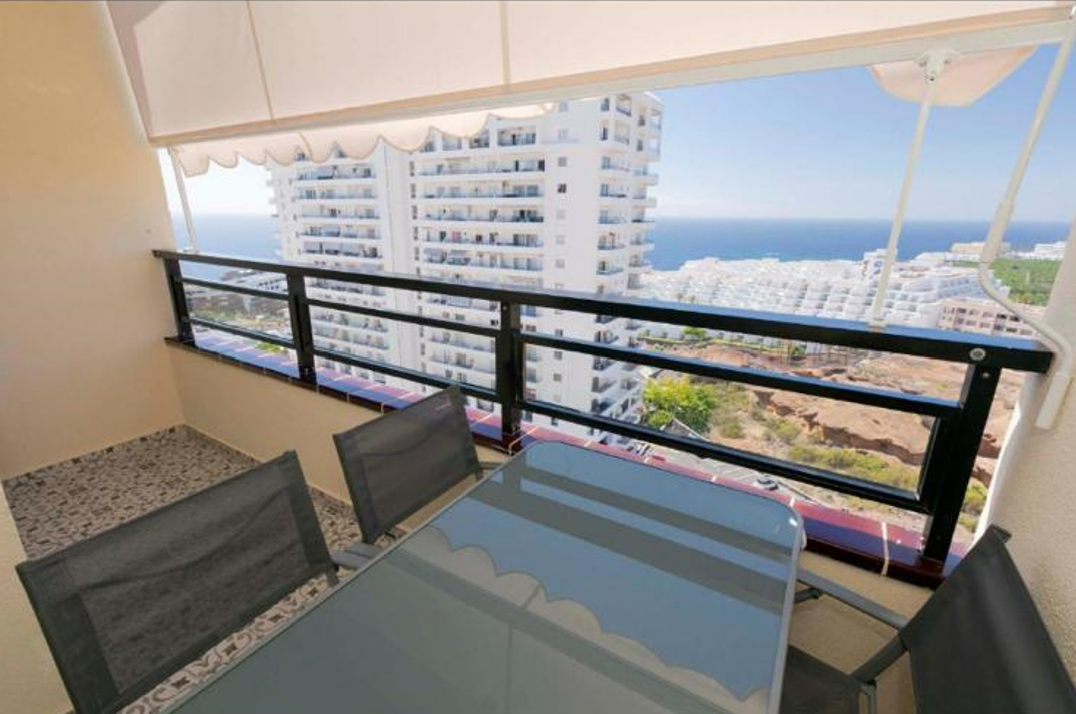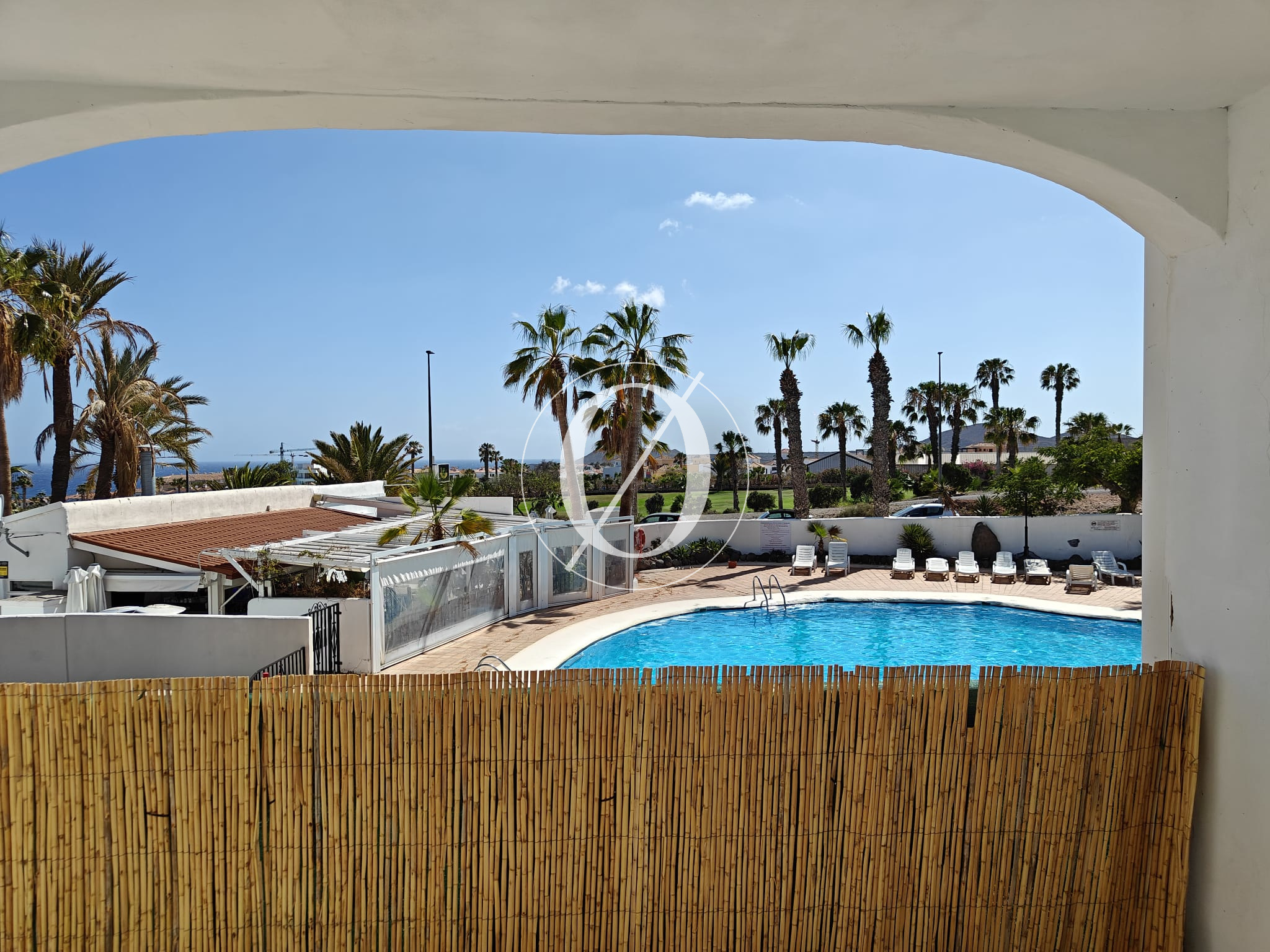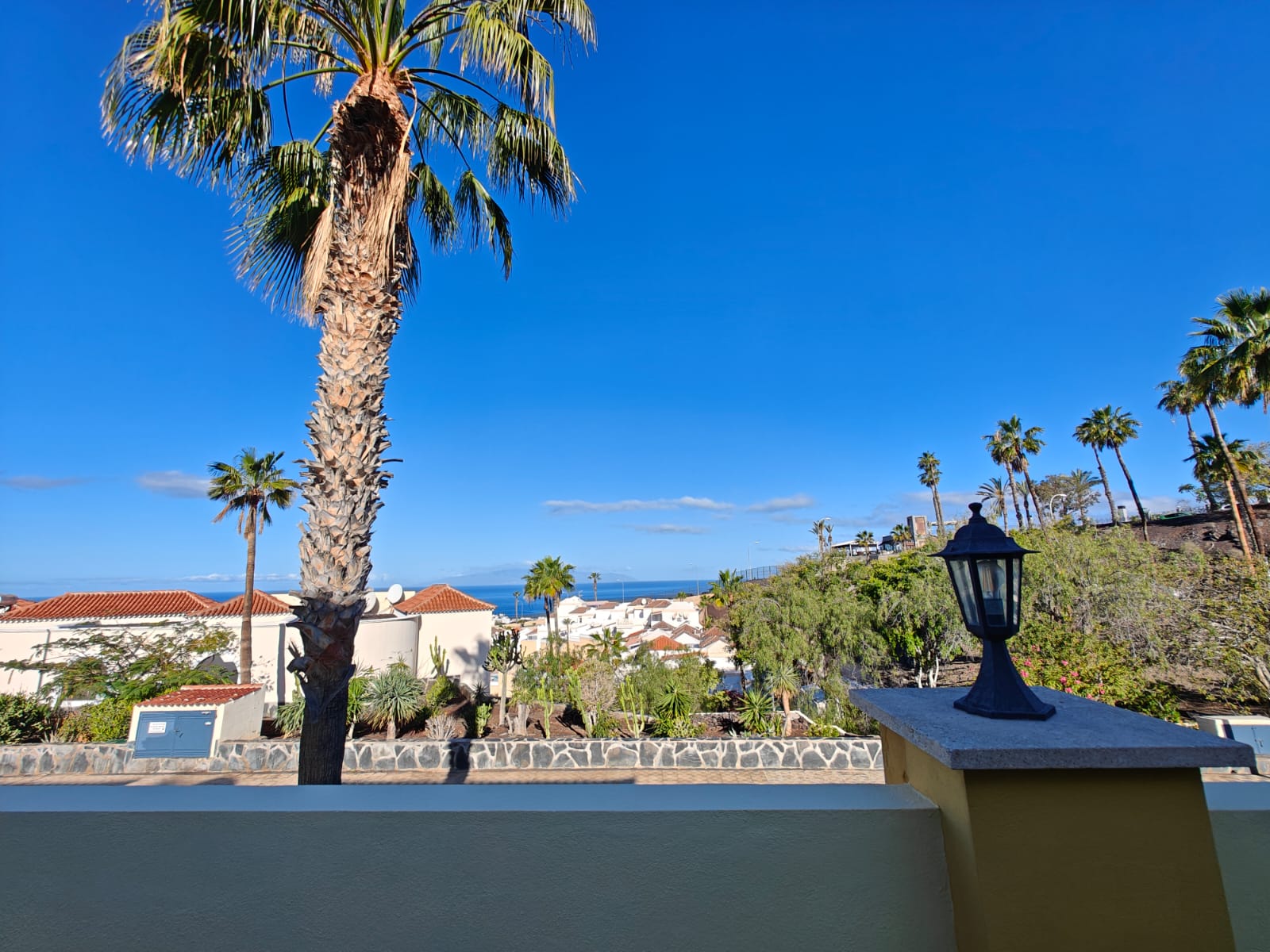How much can you earn? Return on Investment Analysis for Property in Tenerife
Tenerife is one of the most attractive places in Europe for investing in holiday properties. However, the island’s growing popularity has led local authorities to introduce increasingly strict regulations on short-term rentals. That’s why it’s essential to operate within the law and entrust the process to professionals.
Below, you’ll find a comprehensive guide to holiday rentals in Tenerife: current legislation, the process for obtaining the NRUA number, local restrictions – including in the municipality of Adeje – and practical advice on how to start legally and avoid costly mistakes.
Holiday Rentals in Tenerife – What Does the Law Say?
Key regulations in the Canary Islands
Short-term rental of homes to tourists (known as Vivienda Vacacional – VUT) is mainly regulated by Decree 113/2015, which applies throughout the archipelago. According to this decree, in order to operate legally, you must:
- Submit a declaración responsable (responsible declaration),
- Have a valid cédula de habitabilidad (certificate of occupancy),
- Register guests in the police system,
- Display a sign with the property’s registration number.
Additionally, in March 2025, the Canary Islands’ Supreme Court (TSJC) ruled that VUTs offering additional services (such as cleaning or key handover) are considered commercial activities, which affects their tax classification.
NRUA Requirement – New from 2025
From July 1, 2025, any owner offering short-term tourist rentals online (e.g. through Airbnb, Booking.com, etc.) must have a unique registration number – NRUA (Número de Registro Único de Arrendamientos).
This number is required in all online listings and is intended to standardize and regulate the short-term rental market across Spain. More on NRUA can be found here.
What Will the New LOSUTV Law Bring?
In 2025, the Canary Islands will introduce a new law: LOSUTV (Ley de Ordenación Sostenible del Uso Turístico de Viviendas), which will bring additional limits on the number and location of holiday rentals.
Key proposals include:
- A maximum of 10% of new housing projects may be allocated to VUTs (20% on the so-called “green islands”),
- Reduction of the minimum size for VUTs from 39 m² to 25 m² (with additional conditions),
- Mandatory renewal of declarations every 5 years,
- Introduction of local moratoriums blocking new licenses in specific neighborhoods.
Adeje Municipality – Local Restrictions and New Rules
Adeje, one of the most popular locations in southern Tenerife and a prime choice for investors, has started implementing additional restrictions due to high tourist demand and rising property prices.
In 2024, the municipality began work on a new local ordinance that:
- Restricts vacation rentals in apartment buildings,
- Promotes VUTs only in detached houses or units with private entrances,
- Allows homeowner associations to prohibit tourist rentals within their buildings.
The decision of the homeowners’ association is crucial – so before purchasing with the intent to rent, legal advice is highly recommended. Our agency reviews community documentation and advises on where tourist rentals are legally permitted.
What Are the Risks of Illegal Rentals in Tenerife?
Operating without a license or renting in a location where it’s prohibited (e.g. areas under moratorium or buildings where the community has not approved rentals) can lead to serious consequences:
- Invalidation of the license by law,
- Fines ranging from several thousand to hundreds of thousands of euros,
- Revocation of NRUA and removal of listings from booking platforms,
- Obligation to revert the property to its original use (e.g. changing its designated purpose),
- Tax liabilities and penalties, especially if the activity is reclassified as commercial.To avoid such risks, rely on the knowledge of local experts.
How to Start a Legal Short-Term Rental – Step by Step
- Check zoning plans and local restrictions (moratoriums).
- Obtain a land use certificate (certificado urbanístico).
- File a responsible declaration at the local Cabildo.
- Register for NRUA – before publishing any listings.
- Obtain community approval if the unit is in a shared building.
- Arrange insurance, contracts, and tax compliance according to business classification.
- Register all guests with the police through the SES.Hospedajes platform.
How We Can Help
Our agency works with specialists in the legalization of vacation rentals and comprehensive support for property owners in Tenerife.
We offer:
- Legal and tax assistance,
- Community regulation and location analysis,
- Document preparation for NRUA registration,
- Listing management and guest services,
- Help in obtaining permits and ensuring legal compliance.
Contact us and invest safely in Tenerife.
















